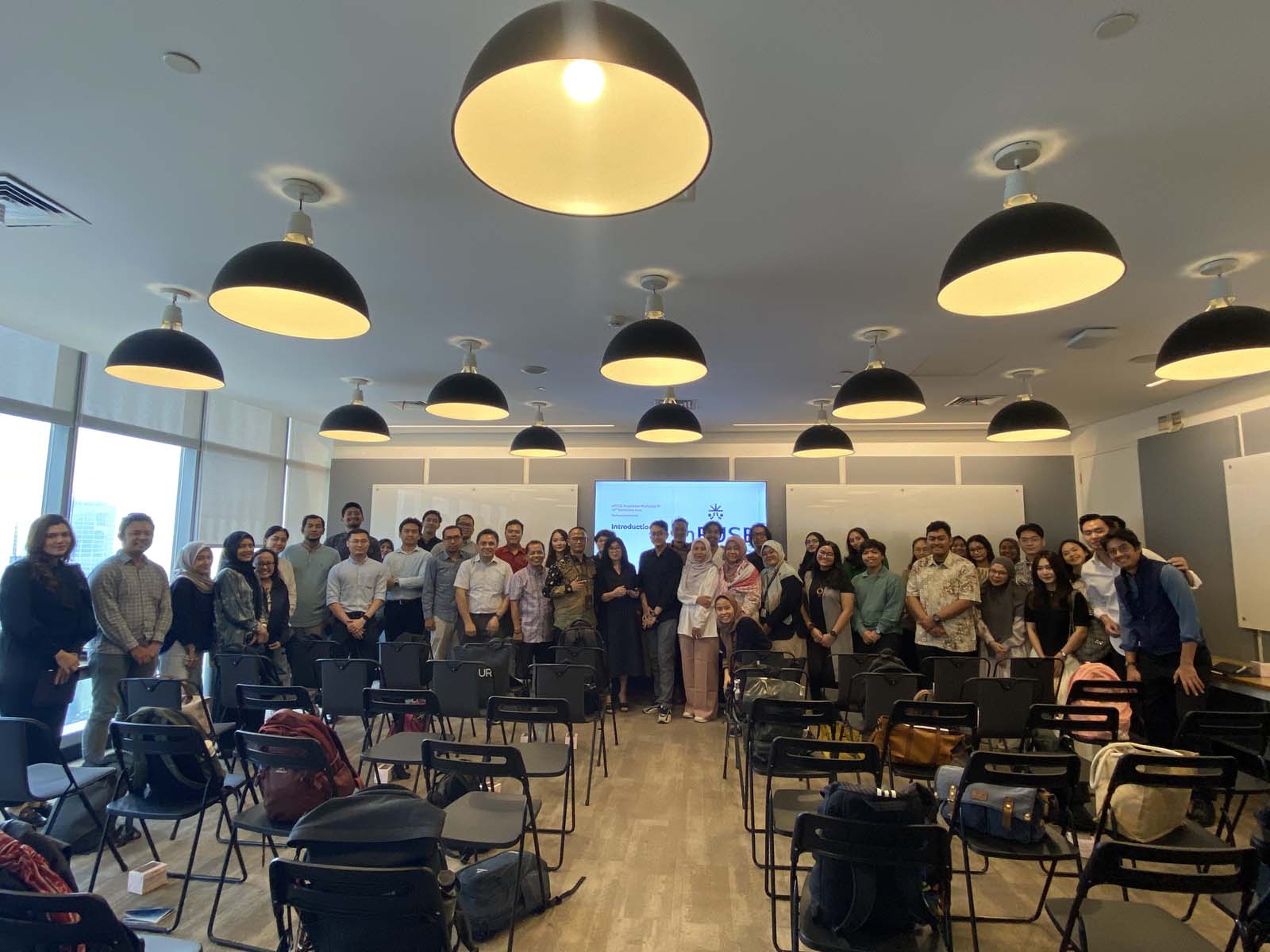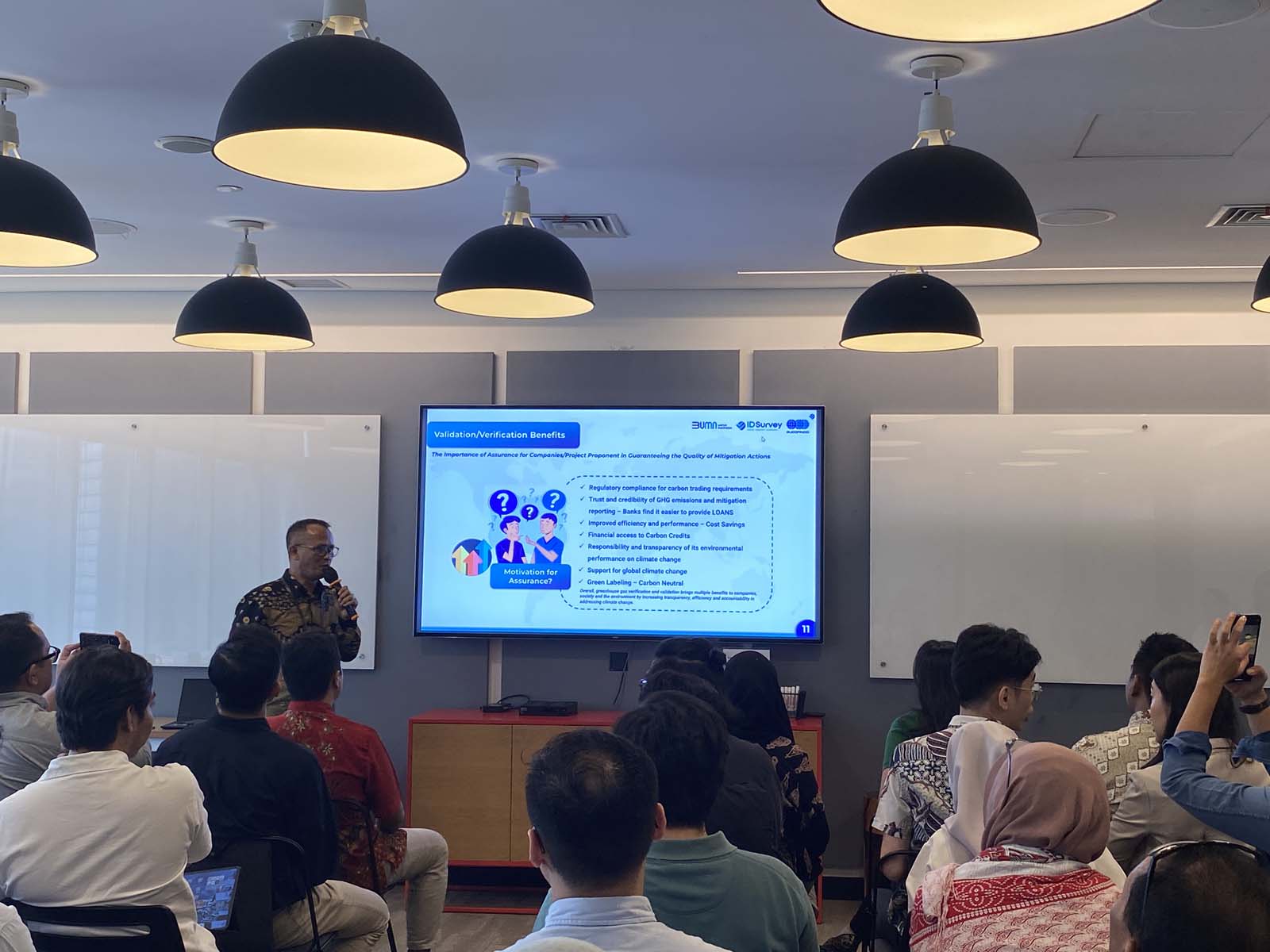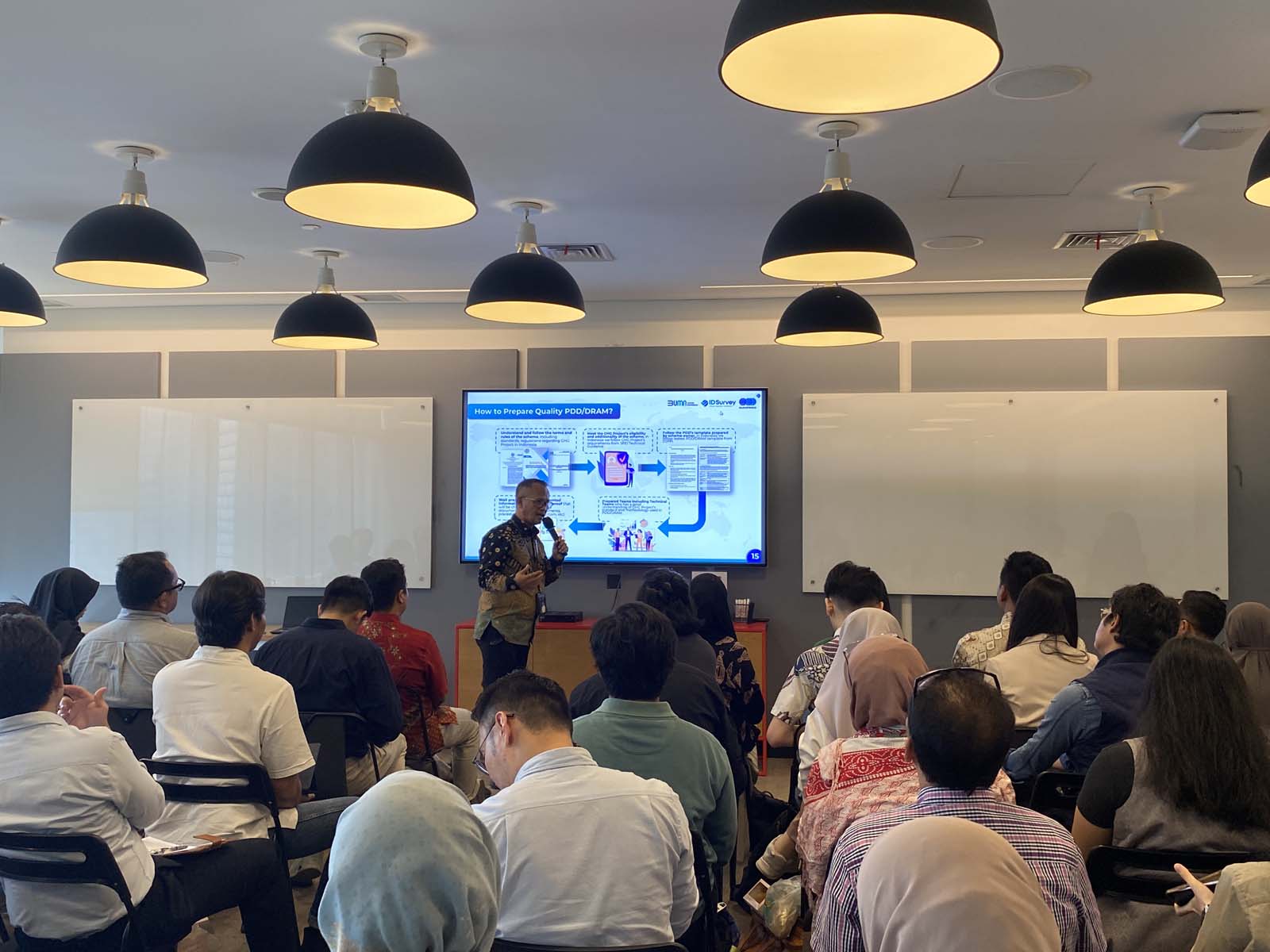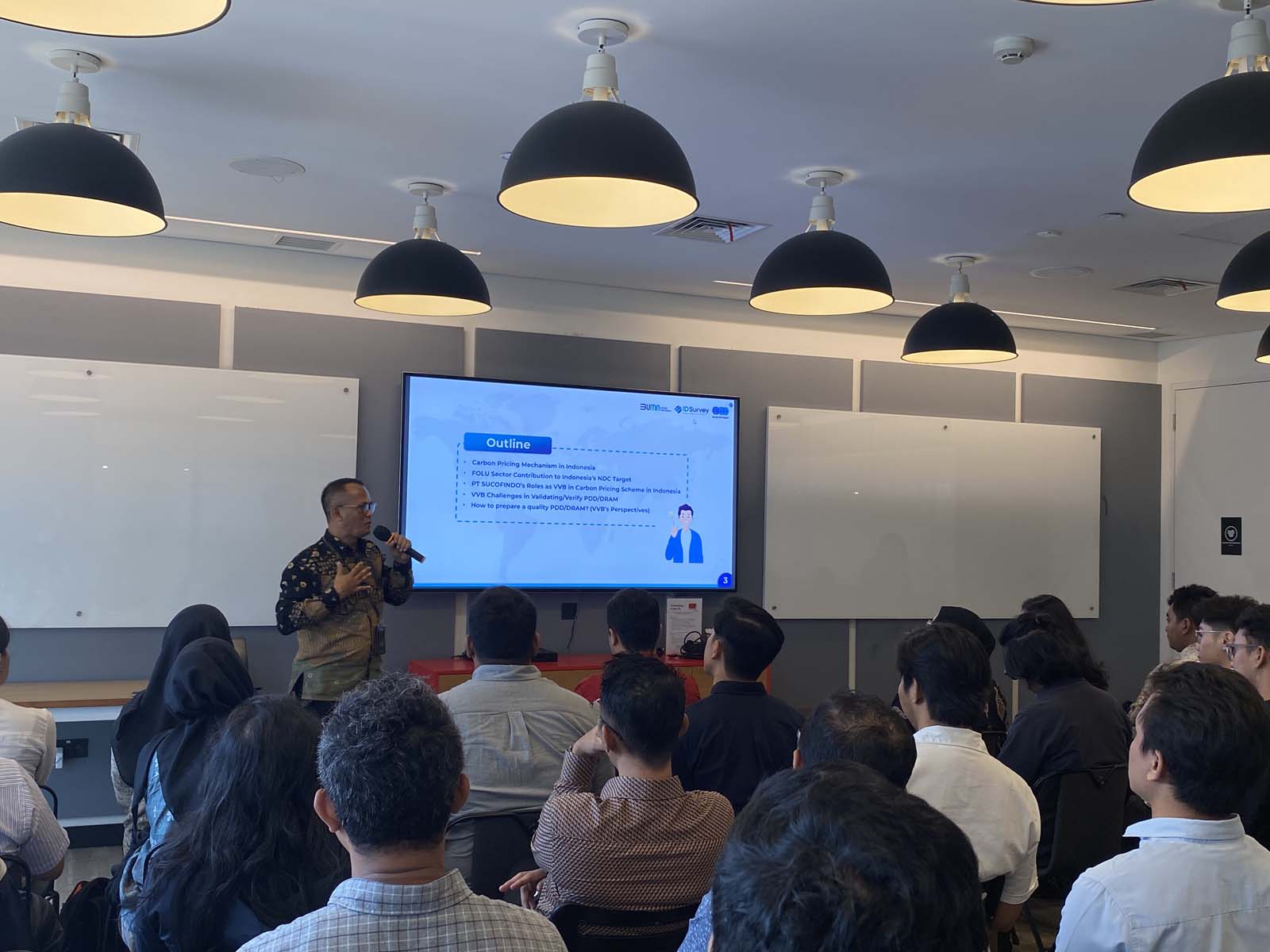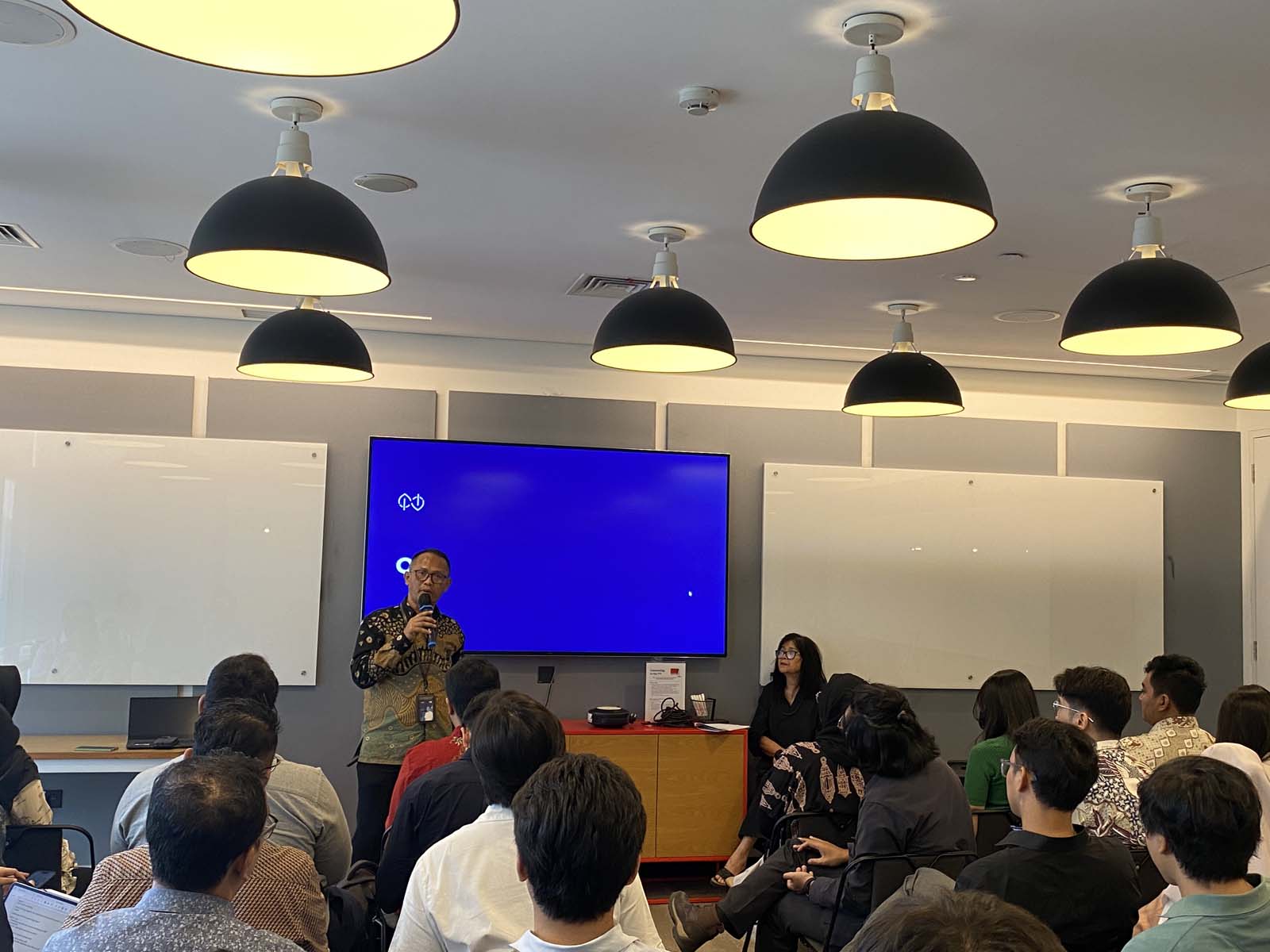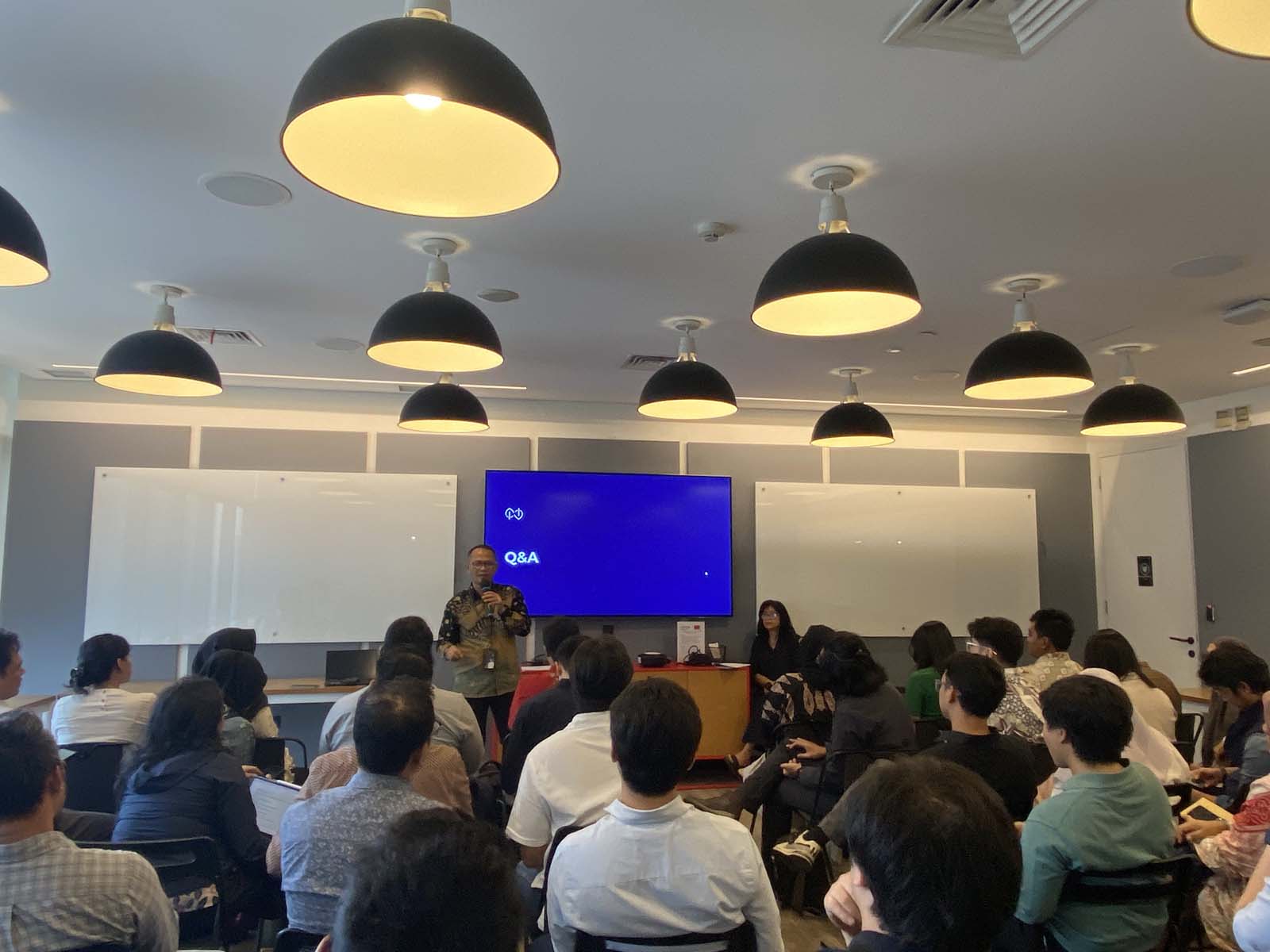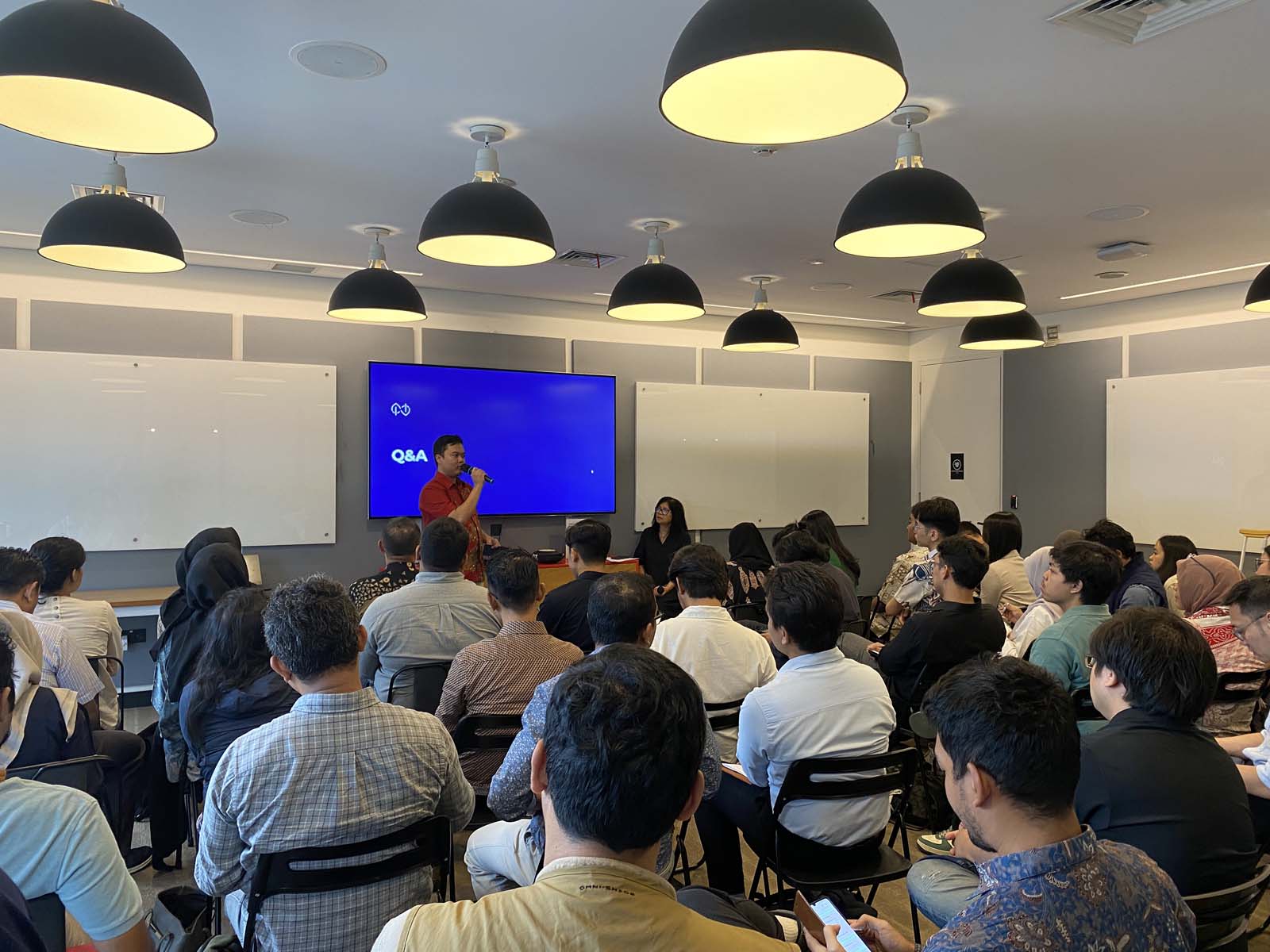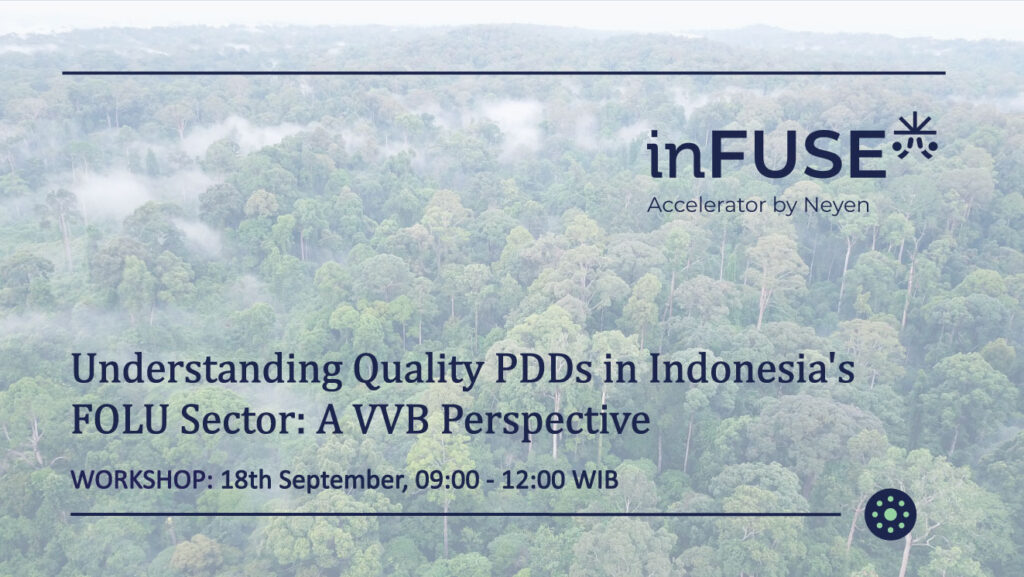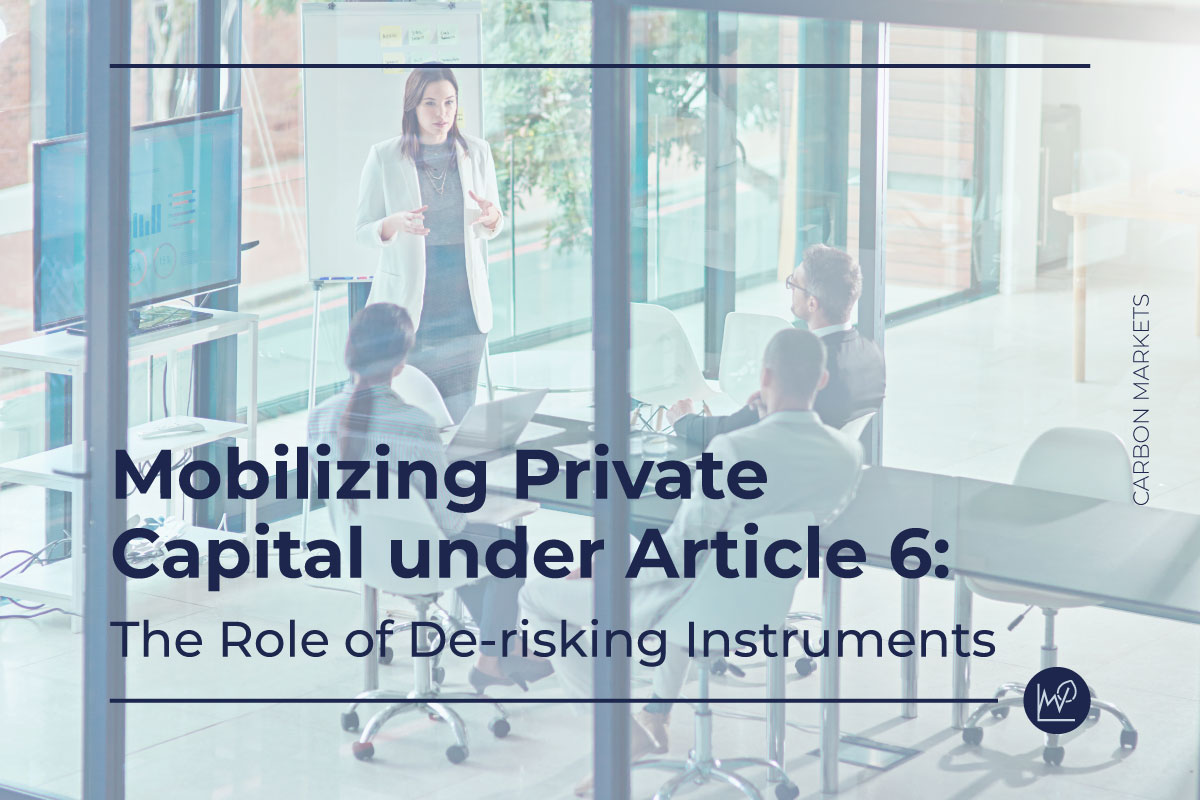Disclaimer: Views, opinions and analysis provided by guest speakers and participants are their own. Reproducing them on our website does not imply that they are endorsed by Neyen.
Introduction to REDD+
The 6th inFUSE Accelerator workshop delved into the key criteria that Verification Bodies (VVBs) consider essential for a high-quality Project Design Document (PDD), particularly in the forestry sectors. Sarfina Adani a consultant at Neyen introduced the basic concepts of REDD+, an initiative for reducing emissions from deforestation and forest degradation in developing countries, including additional forest-related activities that protect the climate. The Project Design Document (PDD) plays a critical role in forest carbon projects like REDD+ as a blueprint that details the project’s objectives, methodologies, and anticipated outcomes. The quality of a PDD is vital, as it serves as the foundation for validation and verification by bodies (VVBs).
REDD+ in Indonesia
Indonesia has been at the forefront of REDD+ as the country has made significant strides in combating deforestation and forest degradation. Indonesia has a REDD+ National Strategy to achieve net-sink by 2030 in the forestry and other land-use (FOLU) sector. The strategy aims to enhance sustainable practices, law enforcement and compliance in the FOLU sector; strengthen REDD+ architecture and the national registry system (SRN); and improve the livelihood of forest dependent people.
Criteria for Verification and Validation
Uus Usman, guest speaker from PT Sucofindo, presented on Indonesia’s carbon markets ecosystem with an emphasis on the implementation in the FOLU sector. In developing a robust PDD, jurisdictions may have certain criteria needs to be met by project developers. Verification and validation can bring benefits to stakeholders in assuring the quality of mitigation actions by increasing transparency, efficiency and accountability in addressing climate change. In Indonesia, at least one out of three methodology criteria need to be met for the issuance of SPE-GRK from Emission Offsets, which was regulated under the MOEF Reg 21/2022:
- Determined by the Director General;
- Determined by the National Standardization Agency; or
- Recognized by the UNFCCC
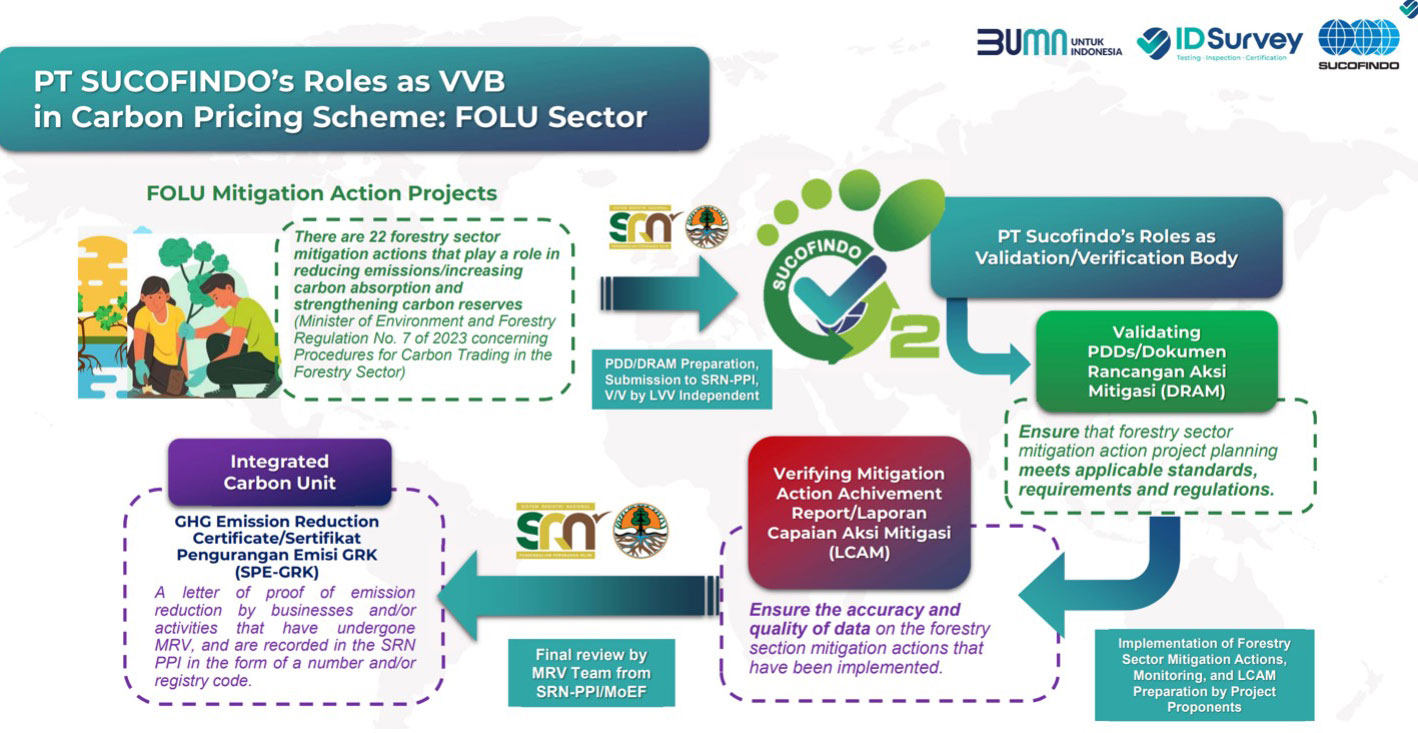
Preparing High-Quality PDDs
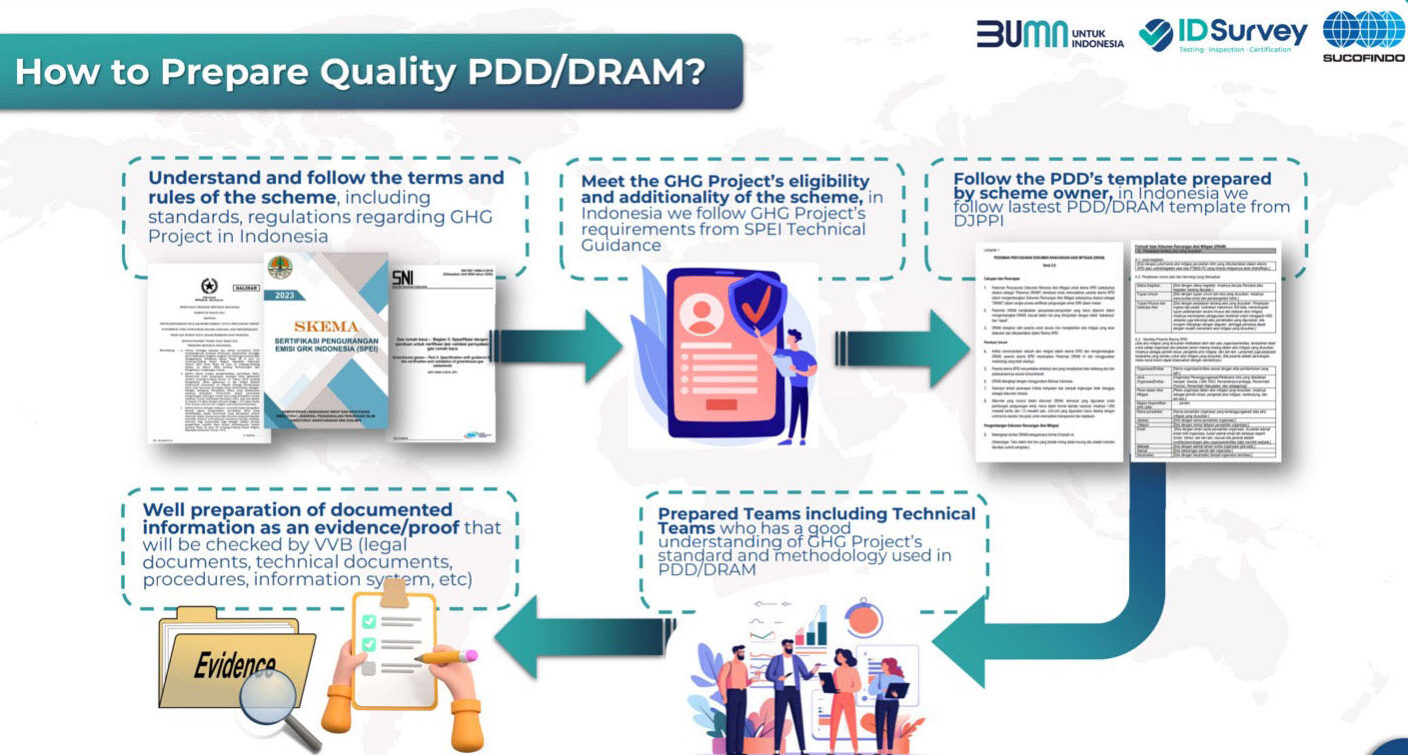
Q&A session
Participants had an engaging discussion in the Q&A session, with representatives from project developers, legal firms and CSOs. One participant asked about the right approaches in preparing a PDD for Social Forestry projects to participate in carbon markets. In answer to this question, Uus emphasized the importance of understanding the existing regulatory framework that outlines the procedures of carbon trading implementation, including utilizing the PDD template attached in the MOEF Reg 07/2023 for FOLU Sector.
Project developers, Uus added, must be able to exhibit transparency, accuracy and accountability of the project prior to requesting funding from potential financiers. In this regard, project developers may request assistance in preparing PDDs from agencies such as the Environmental Fund Management Agency (BPDLH). However, there is currently no clear fee mechanism or fixed percentage in the process of verification and validation which might incentivize local VVBs.
Social safeguarding
Another participant asked about social safeguarding measures as an important part of a PDD. In practice this can be a complicated process due to unclear criteria. In this context, MOEF Reg 07/2023 has listed basic requirements for project developers in implementing mitigation activities in the FOLU Sector, which include elements of safeguarding measures. However, it is apparent that Indonesia may need to elaborate eligibility criteria in ensuring environmental and social safeguards and not solely relying on the Environmental Impact Assessment (AMDAL).
Lack of methodologies
There was a discussion on the shortage of methodologies approved on the national registry system (SRN) that has challenged projects implementation. While currently only four (4) methodologies are approved on the SRN for FOLU projects, project developers can apply for new methodologies to undergo the necessary review process. To address this issue, Indonesia may need to align the SRN with international standards such as Verra and Gold Standards – ones that already have various approved methodologies for FOLU projects.
